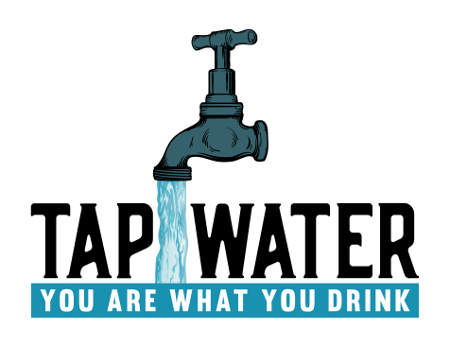
Can I drink the tap water?
How good is the tap water in Sao Paulo, Brazil ?
All in all, 6% of folks here drink from the tap.
How good is the tap water in all of Brazil?
All in all, 6% of folks here drink from the tap.
Can you drink the tap water in Sao Paulo then?
What residents and travelers say
In São Paulo, opinions on tap water quality tend to vary depending on whom you ask and exactly where you are in the city. Many locals mention that the taste of tap water can feel slightly chlorinated or earthy, a result of the treatment process and occasional variations in local supply sources. While some residents drink directly from the tap without concerns, others prefer to use water filters at home to improve taste and reduce any residual odor. Travelers often report that it's generally safe to drink from the tap in newer buildings or well-maintained neighborhoods, but caution is advised in older constructions where plumbing might affect water quality.
- Taste: Slightly chlorinated or mineral notes are common, with some variability by neighborhood.
- Filter usage: Many households use basic carbon or ceramic filters mainly to improve taste.
- Refill norms: Using tap water for refilling bottles or cooking is usual, especially when filtered; bottled water also widely available.
- Building variability: Newer buildings tend to have better plumbing and cleaner taste; some older areas may require extra caution.
- Local caveats: Temporary issues such as maintenance work or weather events can affect water clarity and taste.
For the most current and official updates on water quality, consult Sabesp – Companhia de Saneamento Básico do Estado de São Paulo or the Sao Paulo State Health Secretariat. These sources provide detailed reports and advisories, which can be very useful if you are particularly sensitive or visiting during unusual weather or maintenance periods.
Further reading on tap water in Sao Paulo
To verify tap water quality and any advisories in Sao Paulo, start by visiting the official water utility, Sabesp (www.sabesp.com.br\" target=\"_blank\" rel=\"nofollow\">http://www.sabesp.com.br">www.sabesp.com.br). The Sao Paulo State Health Secretariat (www.saude.sp.gov.br\" target=\"_blank\" rel=\"nofollow\">http://www.saude.sp.gov.br">www.saude.sp.gov.br) also posts relevant health notifications. For national oversight, check Brazil's Ministry of Health (portalms.saude.gov.br\" target=\"_blank\" rel=\"nofollow\">http://portalms.saude.gov.br">portalms.saude.gov.br). Additionally, Sabesp maintains official social media channels, such as their verified Twitter account, for real-time updates. Avoid relying on non-official blogs to ensure information accuracy.
- http://www.sabesp.com.br" rel="noopener" target="_blank">Sabesp - Companhia de Saneamento Básico do Estado de São Paulo
- http://www.saude.sp.gov.br" rel="noopener" target="_blank">Sao Paulo State Health Secretariat
- http://portalms.saude.gov.br" rel="noopener" target="_blank">Brazil Ministry of Health
- https://twitter.com/Sabesp" rel="noopener" target="_blank">Sabesp Twitter